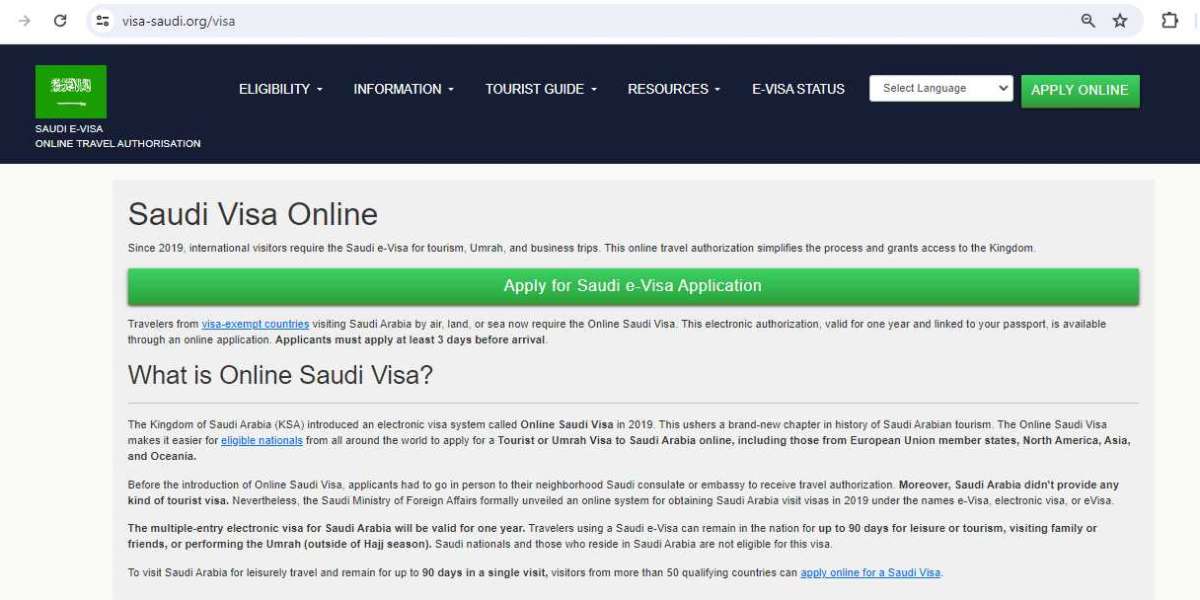In today's globalized food industry, ensuring the safety of food products from farm to fork is paramount. The International Organization for Standardization (ISO) developed ISO 22000 to establish a framework for food safety management systems (FSMS) that can be implemented by any organization in the food chain. However, achieving compliance with ISO 22000 requires more than just implementing procedures; it demands comprehensive training across all levels of an organization.
Importance of ISO 22000 Training
ISO 22000 provides a systematic approach to managing food safety hazards, ensuring that food is safe for consumption at every stage of production and distribution. Training plays a crucial role in this process by:
Creating Awareness and Understanding: Training programs educate personnel about food safety principles, the requirements of ISO 22000, and their roles in maintaining compliance. This awareness fosters a culture of food safety within the organization.
Building Competence: Employees involved in food handling, processing, storage, and distribution must possess the necessary skills and knowledge to implement food safety measures effectively. Training equips them with the competence to identify potential hazards and take appropriate preventive actions.
Ensuring Compliance: ISO 22000 certification requires organizations to demonstrate competence in food safety management. Comprehensive training programs prepare employees for audits and inspections, facilitating smoother certification processes.
Components of ISO 22000 Training
Effective ISO 22000 training programs typically cover the following components:
- Introduction to ISO 22000: Overview of the standard, its structure, and fundamental principles.
- Hazard Analysis and Critical Control Points (HACCP): Training on identifying hazards, establishing critical control points, and implementing control measures.
- Documentation and Record Keeping: Guidance on maintaining accurate records and documentation as required by ISO 22000.
- Internal Auditing: Training personnel to conduct internal audits to assess compliance and identify areas for improvement.
- Continuous Improvement: Emphasizing the importance of ongoing monitoring, evaluation, and continual improvement of the FSMS.
Benefits of ISO 22000 Training
Organizations that invest in ISO 22000 training experience several benefits:
- Enhanced Food Safety: Reduced risks of foodborne illnesses and product recalls.
- Improved Compliance: Easier adherence to regulatory requirements and customer expectations.
- Operational Efficiency: Streamlined processes and reduced waste.
- Enhanced Reputation: Demonstrated commitment to food safety enhances brand reputation and customer trust.
Conclusion
ISO 22000 training is not just a compliance requirement but a strategic investment in ensuring food safety excellence. By equipping employees with the knowledge and skills needed to implement and maintain an effective FSMS, organizations can safeguard consumers' health, mitigate risks, and achieve sustainable business growth in the competitive food industry landscape. Embracing ISO 22000 through robust training programs is a proactive step towards achieving these goals and reinforcing a commitment to quality and safety throughout the food supply chain.








